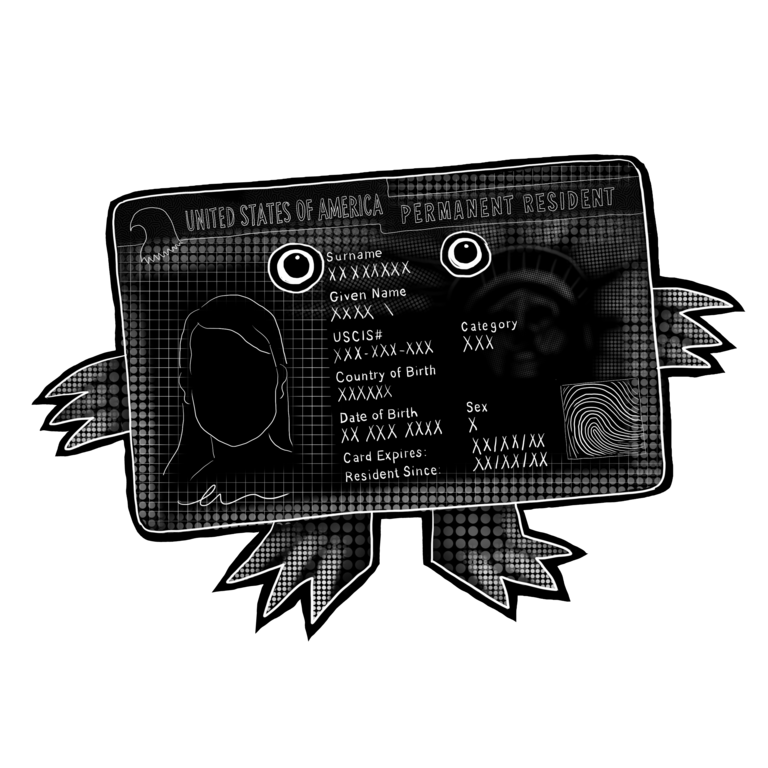Computer Linked Application Information Management System (CLAIMS 3 & CLAIMS 4)

Computer Linked Application Information Management System (CLAIMS 3) is the case management system used by USCIS to process, approve and deny applications for, among other things, lawful permanent residency, temporary protected status, and work authorization. CLAIMS 3 collects biographical information, travel and visa data, and also stores social media identifiers (also known as usernames, identifiers, or “handles”) and associated social media platforms used by an applicant during the five years prior to application.Footnote 1 CLAIMS 3, in CIS’ efforts to judge an applicant’s “moral character,” collects information “to determine whether the applicant has ever: been a habitual drunkard; advocated the overthrow of any government by force or violence; committed a crime or offense but was not arrested; been charged with committing a crime or offense; been placed in rehabilitative sentencing or rehabilitative program (e.g., diversion program); been a prostitute or procured anyone for prostitution; helped anyone enter the U.S. illegally; given false or misleading information to U.S. government officials while seeking naturalization or to prevent deportation, exclusion or removal; or been affiliated with the Communist Party or any other totalitarian party or terrorist organization.Footnote 2 Individuals familiar with CLAIMS 3 consider the database’s error rate to be close to 30 percent.Footnote 3
Computer Linked Application Information Management System 4 (CLAIMS 4) is USCIS’ main electronic case management system used to track and perform background checks for naturalization applications and determine eligibility. CLAIMS 4 collects information from applicants, which include biographical data, Social Security Numbers (SSN), country of citizenship, applicant and family members’ immigration status, marital status, tax and financial history, employment information, medical information, military and selective service information, travel history, organization membership or affiliation history, and criminal history information (to the extent such history is revealed by the applicant in their application), and international adoption history.Footnote 4

